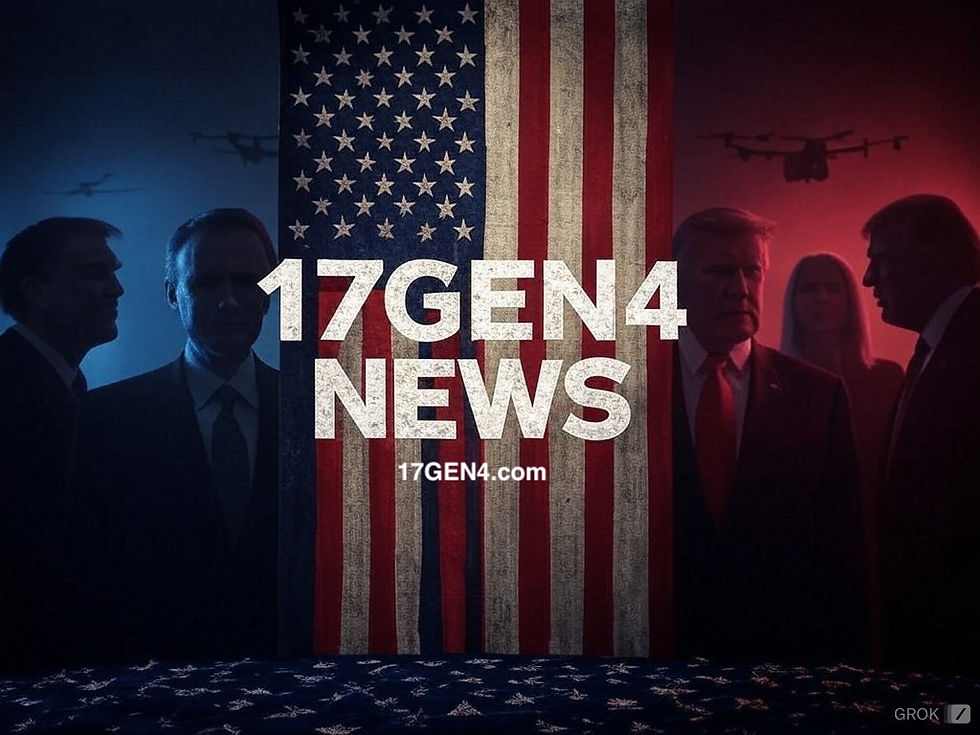Impact of AI on Employment Recruiters: Opportunities and Challenges
- ChatGPT
- Feb 10, 2023
- 2 min read
Updated: Feb 4, 2024
Artificial Intelligence (AI) is transforming a wide range of industries, and the field of employment recruitment is no exception. AI is being used by recruiters to streamline their workflows, improve the candidate experience, and make more informed hiring decisions. However, the use of AI in recruitment is not without its challenges, and it is important to consider both the opportunities and the potential drawbacks of this technology.

One of the key benefits of AI in recruitment is the ability to automate routine tasks, such as screening resumes, scheduling interviews, and conducting reference checks. By taking over these tasks, recruiters can free up their time to focus on more strategic and creative aspects of their work, such as building relationships with candidates and developing new sourcing strategies.
In addition, AI can also help recruiters to make more informed hiring decisions by providing them with data-driven insights into the qualities and skills of candidates. For example, AI can analyze resumes and interview data to identify the most suitable candidates for a particular role, taking into account factors such as their experience, education, and skills. This can lead to more efficient and effective hiring processes, as recruiters can focus their attention on the most promising candidates.
However, there are also potential drawbacks to the use of AI in recruitment. One of the biggest concerns is the potential for algorithmic bias, as AI systems can perpetuate existing biases in the hiring process if they are not trained on diverse data sets. This can lead to a lack of diversity in the workforce, as well as a failure to identify talented candidates from underrepresented groups.
Another challenge is the potential for job loss, as AI systems may replace some low-skilled jobs, such as data entry and resume screening, that are traditionally performed by recruiters. This could have significant consequences for the employment landscape, particularly for those who are not able to retrain and adapt to the changing job market.
In order to maximize the benefits of AI in recruitment while minimizing the potential risks, it is important that recruiters embrace this technology in a responsible and ethical manner. This includes investing in training and development, so that they are equipped to understand and use AI effectively, as well as working to ensure that AI systems are trained on diverse data sets to minimize the potential for algorithmic bias.
It is also important that organizations invest in the development of ethical AI practices, so that the use of AI in recruitment is guided by strong principles, with a commitment to ensuring fairness, diversity, and accountability. This may involve the development of ethical codes of conduct, as well as the appointment of ethics committees to oversee the use of AI in recruitment.
The use of AI in employment recruitment has the potential to transform the way that recruiters work and make hiring decisions. However, it is important that this technology is used in a responsible and ethical manner, with a commitment to minimizing the potential for algorithmic bias and ensuring that job loss is minimized. By working together and embracing AI in a thoughtful and strategic manner, recruiters can help to ensure that this technology is a positive and transformative force for good.


Comments